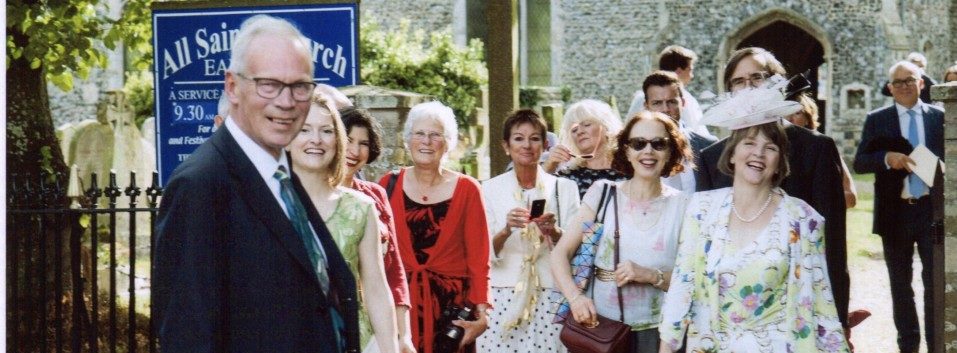What has happened to general knowledge? There used to be so many things that *everyone* knew. The capitals of countries. How many yards in a mile (a bit out of date, perhaps, but I wonder just how many know how many metres in a kilometre, even if the clue is in the name). Who wrote Oliver Twist and Daffodils. The date of the French Revolution and when Caesar invaded Britannia. When I was at junior school, we used to have tests in General Knowledge. You were supposed to know who Venus was and what was her Greek equivalent. How many inches in a hand, and at what height a pony became a horse. You couldn’t revise for these tests, you either knew it or you didn’t. I was lucky, even at ten I was a voracious reader and used to browse Encycopaedia Britannica for pleasure, and I usually did quite well. I also liked knowing that sort of thing – I had little practical knowledge or ability at anything, but I knew all about it in theory.
Now, only a generation or two later, no one seems to know any of this. It’s gone. With nursery rhymes and a sense of history. I understand nowadays that girls don’t ‘get’ Jane Eyre – “Why doesn’t she just go out and get a proper job?” – without any sense of what it was like to live in the 19th Century. Even people of my age, largely, seem to have forgotten.
After the Anglo Saxon lectures last week, we chatted to the lecturer. She mentioned the complete ignorance of the heritage of Christianity that she finds nowadays among her university students. She was not talking about religious faith, but about basic ignorance of the facts, legends, fallacies, call them whatever you like – this is not a religious post. She said that it is impossible to teach history of European art to someone who has literally no concept of either the stories of the bible or the importance of religious faith in times gone by.
When I was a child, I read, for pleasure, stories of the Greek and Roman gods. A little older, I read Homer and Virgil. If I had not, when I took Latin A Level, how would I have known my Aeneas from my Elbow*?
The lecturer, Anna, said that the first thing she has to do is give students a copy of the New Testament and tell them to read the Gospels. And they find it really hard to understand, or to remember the references. Especially the students from countries such as (I am sure she said) Canada, where religious teaching is not allowed in schools. But without it, there is little chance of them getting to grips with Renaissance or pre-Renaissance art.
People are interested, more than ever before, about researching the past. Their personal heritage. And it is vastly interesting. But so is history, and culture, and what has made us who we are, and this seems to have been almost lost. I’m not being nostalgic, I don’t automatically think that ‘the good old days’ were better, but I do feel that there is some loss in our lives.
*no need to worry, Anon, about lowering the tone (comments, yesterday)
